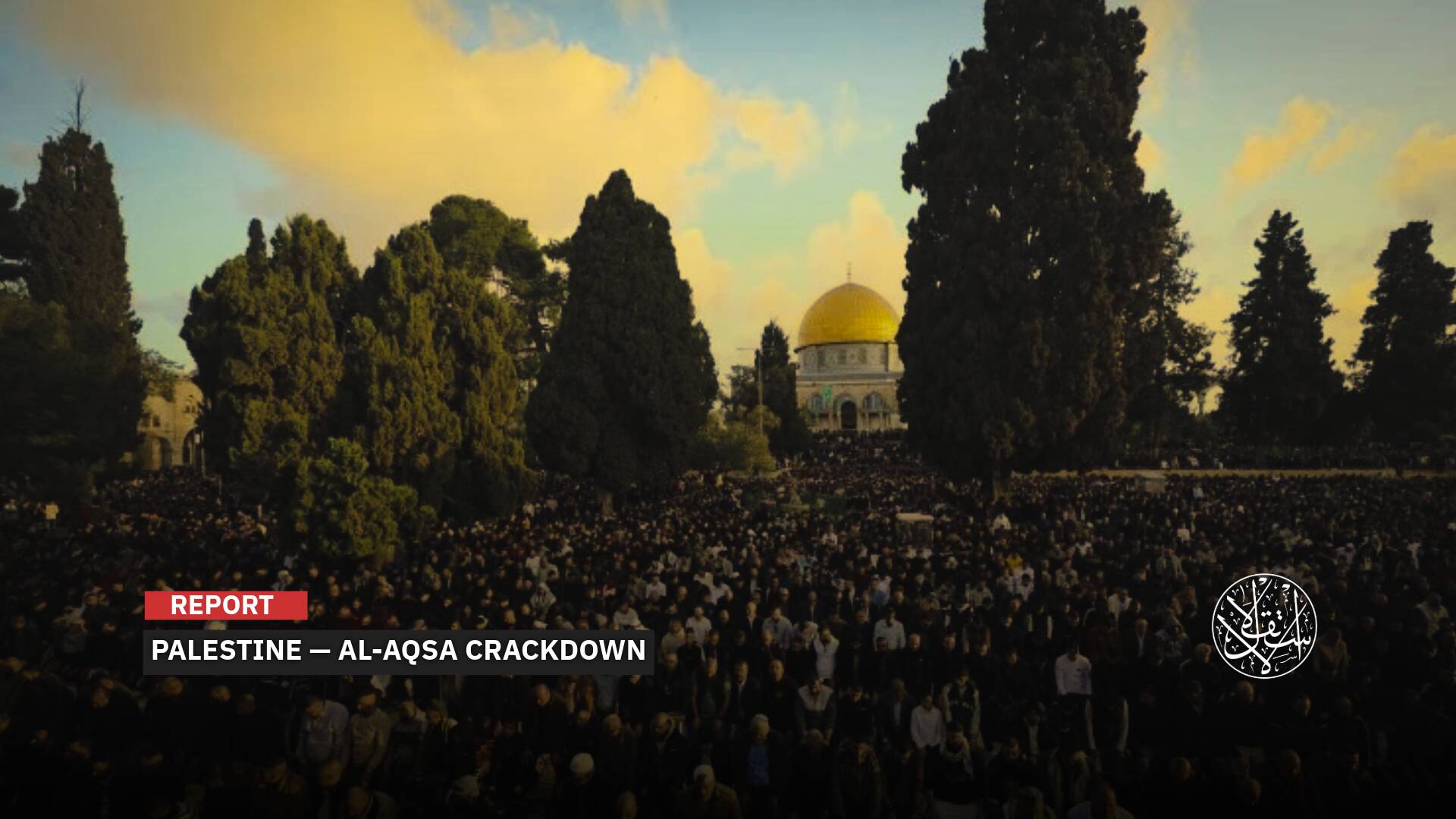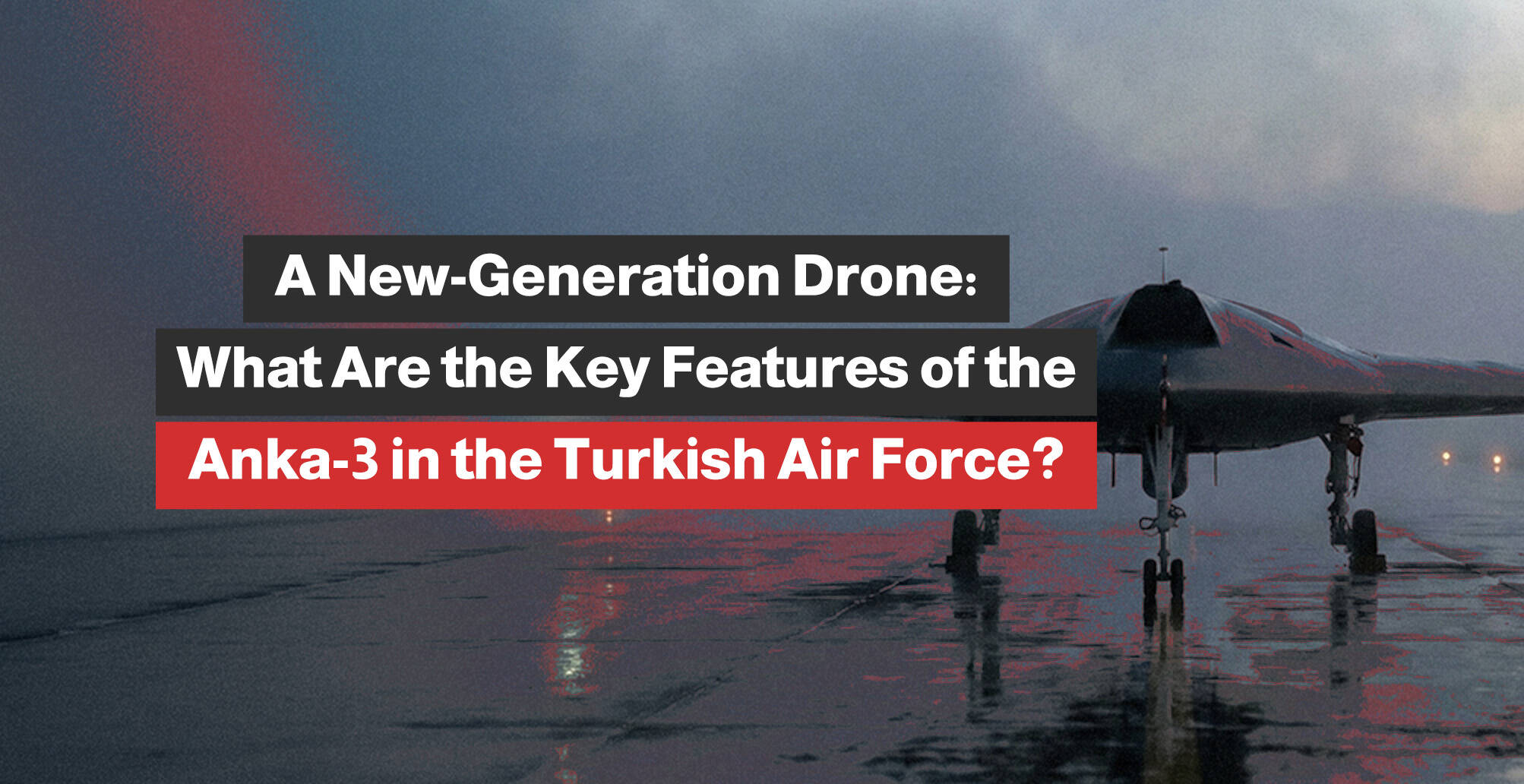With Iran’s Influence Waning, What Awaits Iraq in the 2025 Elections?
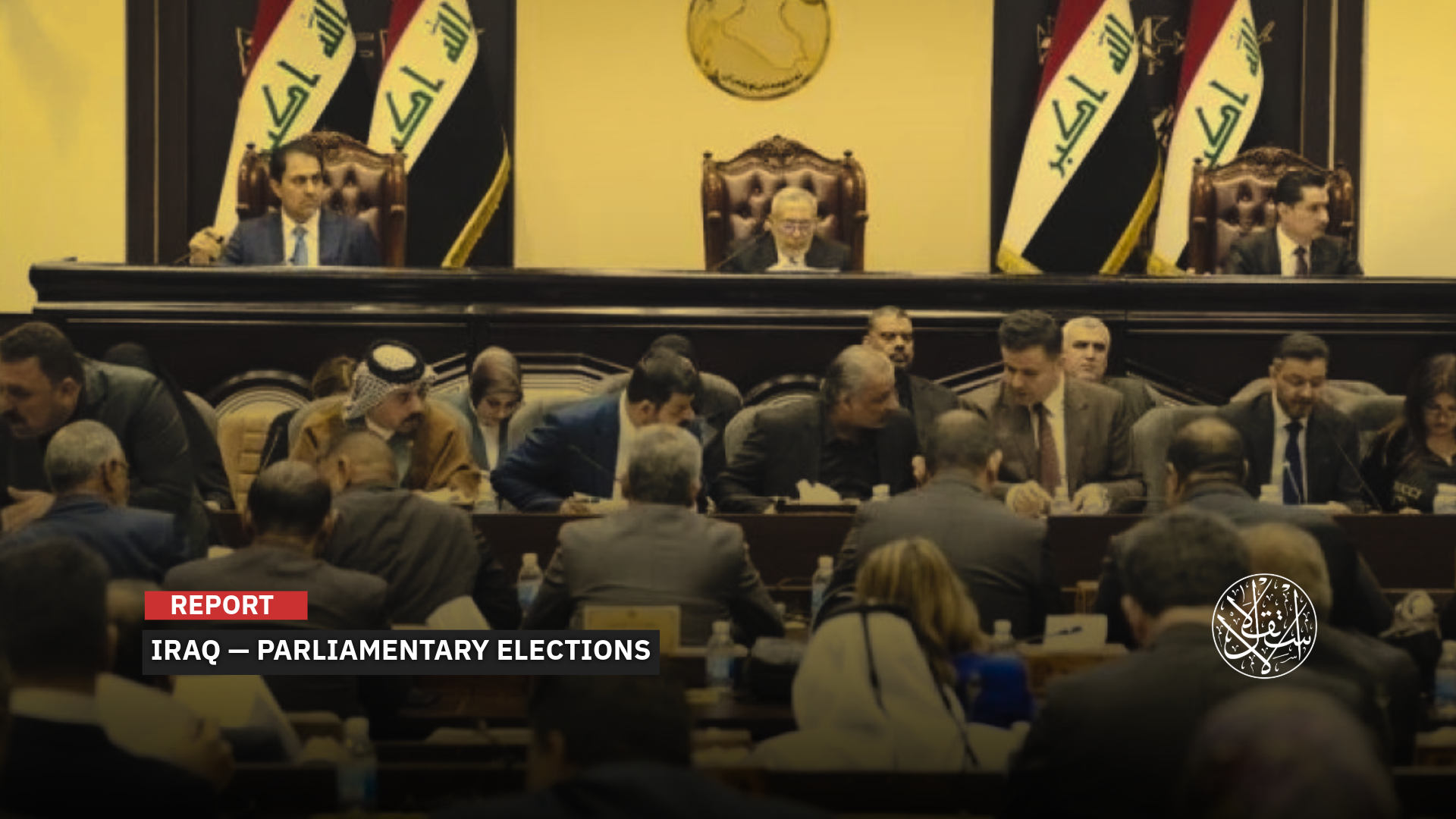
“Iran will accept some degree of change in Iraq in favor of the United States.”
With Iraq’s parliamentary elections just a month away, pressing questions are emerging about what sets this vote apart from previous ones and what kind of political landscape it might produce.
Scheduled for November 11, 2025, the elections come amid a notable decline in Iran’s regional influence, an absence of security unrest in Sunni cities, the unprecedented boycott by the Sadrist movement since 2005, and the exclusive adoption of biometric voting cards.
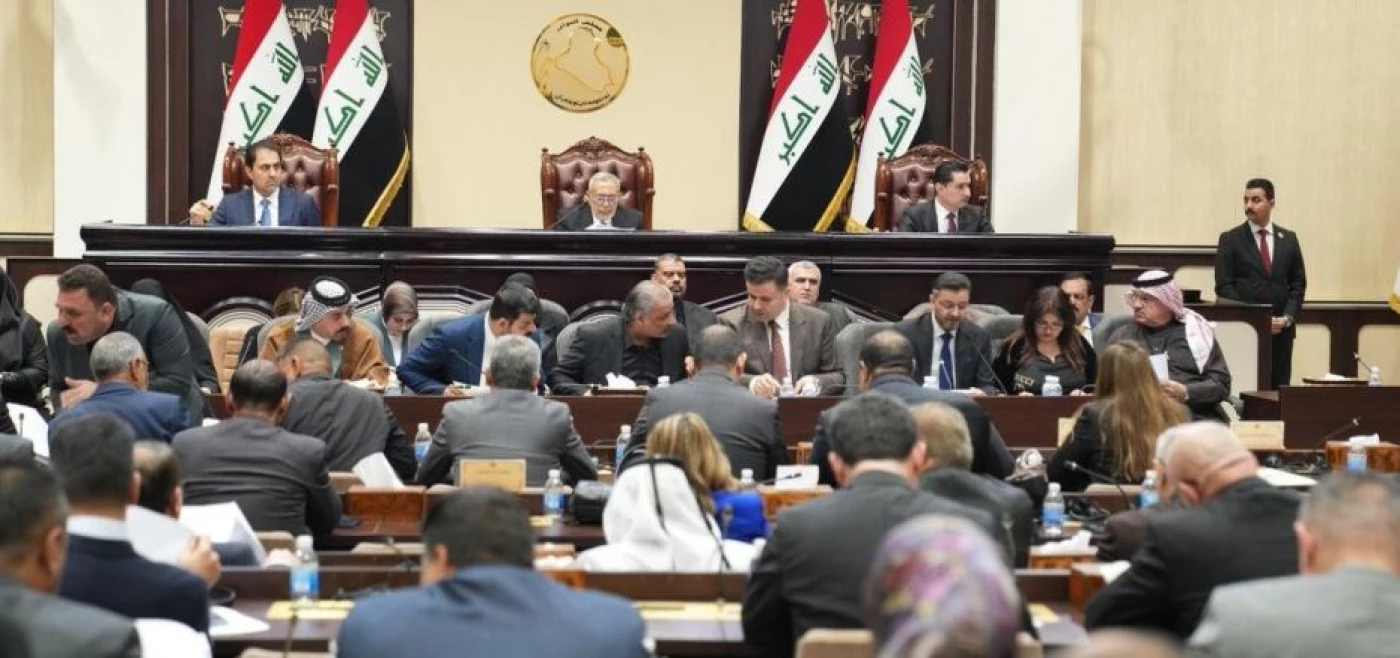
Western Tilt
Commenting on the potential impact of these shifting dynamics on Iraq’s political scene, Iraqi political researcher Latif al-Mahdawi said that the general atmosphere in the new parliament is likely to align more closely with the West, with blocs emerging that remain relatively independent of Iranian influence.
“Iran will accept some degree of change in Iraq in favor of the United States, but only to the extent that it does not significantly harm its current economic, ideological, or political influence,” he told Al-Estiklal.
“Tehran may agree to disarm militias while maintaining their political presence, as well as support restructuring and integrating the Popular Mobilization Forces into the regular army.”
“Such concessions depend on the level of pressure Iran faces, and resistance to compromise could backfire,” al-Mahdawi said.
“If Iraq’s outcome preserves Iran’s current dominance, Tehran knows exactly what Washington is capable of under an administration that embraces confrontation to achieve its aims.”
According to the researcher, the current MP and former designated prime minister of Iraq, Adnan al-Zurfi, is a likely candidate for the next prime minister, but his strong pro-American stance and lack of a solid supporting bloc represent a weakness, unless a hidden development surprises everyone.
He noted that former Prime Minister Haider al-Abadi represents a middle-ground option acceptable to the Shiite Dawa Party, the Hikma Movement, and even Sunni forces, while Kurdish parties are expected to align with U.S. preferences, though sudden surprises in nominations remain possible.
As for the unprecedented absence of the Sadrist Movement, al-Mahdawi said its strategy remains unclear, but it is likely to buy the loyalty of candidates on other Shiite lists to secure influence indirectly.
He added that if the Sadrists follow through with this maneuver, having already urged supporters to update their voter registrations despite boycotting the elections, they could become decisive power brokers by backing certain candidates and influencing up to 70 parliamentary seats, a move that could upend the political balance.
In June 2022, Muqtada al-Sadr announced a permanent withdrawal from Iraq’s political process, vowing not to participate in future elections to avoid what he called complicity with corrupt politicians. His decision came after a meeting in Najaf with members of the Sadrist bloc, who resigned their 73 parliamentary seats eight months after the October 2021 elections.
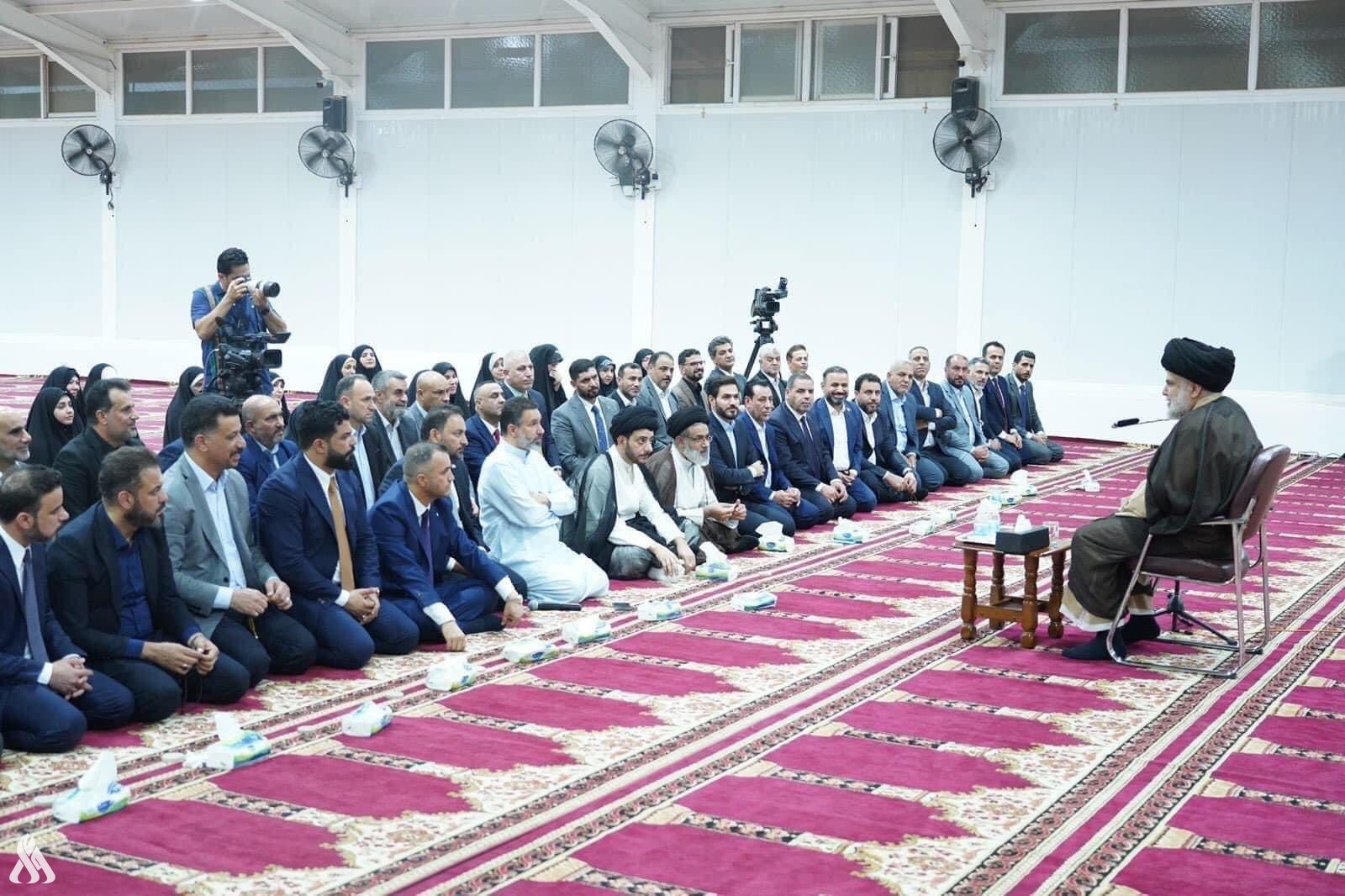
Sectarian Calculations
When asked whether Iraq’s sectarian and ethnic balance in parliament might significantly shift after the upcoming elections, Iraqi political analyst Iyad Thabit ruled out any major change in the power map. “There are Sunni candidates running on Shiite lists, and if they receive votes that are insufficient to win them a seat, those votes will automatically go to the list itself,” he told Al-Estiklal.
“Sectarian calculations will dominate the election, particularly on the Shiite side. Some lists may change names, or new ones may appear, but beneath the surface, most remain tied to Iran in one way or another.”
“The Sunni bloc in the next parliament will likely not exceed 80 seats, as Sunni voters remain largely disillusioned with the political process and reluctant to participate, especially in mixed provinces such as Baghdad. Many believe that external powers continue to block any genuine role for them in shaping political and security decisions,” he said.
Ammar Alhakeem, leader of the Shiite al-Hikma Movement, launched a campaign on X under the hashtag “Don’t Waste It,” widely seen as a call urging Shiites to vote in the parliamentary elections and not squander the authority they have held since the 2003 U.S. invasion.
Shiite activist Ahmed al-Thawaq, who is close to the Coordination Framework, interpreted Alhakeem’s call as a clear warning that Iraq’s post-2003 experiment now stands at a critical crossroads. He said the statement exposed the fragility of narratives seeking to dismantle the democratic process and turn back the clock.
In a post on X on November 2, 2025, al-Thawaq said Iraq is facing one of the most difficult security moments in the region, and betting on public apathy is more dangerous than any external threat. It is a call to protect what has been achieved, to solidify the foundations of the new Iraq, and to preserve its national voice from erasure and distortion—a clear appeal for Shiite participation in the elections.
At the end of May, Nouri al-Maliki, head of the State of Law Coalition, urged cleric Muqtada al-Sadr in a televised interview to reconsider his decision to boycott the elections and to take part in order to preserve sectarian balance in parliament.
Earlier, Raad al-Dahlaki, a current MP from the Azem Alliance, stated that Sunni parties are aiming to secure 150 parliamentary seats, stressing that “if we win a majority, we have the right to claim the position of prime minister; it’s a popular entitlement, not a favor from anyone.”
In a TV interview on May 31, al-Dahlaki emphasized the stability of Sunni provinces and the absence of uncontrolled weapons, saying that this is the moment for Sunnis to have a meaningful voice in governing the state in the coming phase.
Radical Shifts
The upcoming parliamentary elections are unfolding amid sweeping transformations that have reshaped the region’s balance of power, a stark contrast to the chaos that surrounded Iraq’s first postwar elections in 2005, according to the Iraqi network NIRIJ.
A May 30, 2025, report by the network noted that this vote comes as Iranian influence in both Iraq and the wider region visibly declines, following Operation al-Aqsa Flood, the fall of Bashar al-Assad’s regime in late 2024, and growing pressure from U.S. President Donald Trump’s administration on Baghdad to resolve the militia issue and distance itself from Tehran.
The report noted that Iraq is holding its elections in one of the most secure environments since 2003, and while most political movements face fluctuating support, the Sadrist movement stands apart, with its members showing rare, disciplined loyalty by following Muqtada al-Sadr’s instructions to participate or boycott.
Despite ongoing rifts among Shia factions, U.S. pressure on Iran and the emergence of new Sunni forces in Syria under President Ahmed al-Sharaa could push them toward temporary unity. Within Iraq, tensions continue between Prime Minister Mohammed Shia’ al-Sudani’s government and the Coordination Framework, which has criticized his performance.
In the Kurdish arena, despite the rise of new secular and Islamist opposition parties, representation remains largely dominated by the Kurdistan Democratic Party in Erbil, Duhok, and parts of Nineveh, and the Patriotic Union of Kurdistan in Sulaymaniyah, Kirkuk, and parts of Diyala.
Among Sunni groups, the scene is fluid and fragmented. Traditional forces such as the Islamic Party, Tariq al-Hashimi, and the al-Nujaifi family have faded since 2014, making way for new leaders like Khamis al-Khanjar and Mohammed al-Halbousi since 2021.
The 2025 elections are taking place in a fundamentally different security and geopolitical climate, but the parties and their tools remain largely familiar—only unexpected developments could truly reshape the political map.
Campaigning is underway across Iraq, with candidates and coalitions promoting their programs through media and public rallies. The race features 31 alliances, 38 parties, and 75 independent lists competing for the 329 parliamentary seats, 25 percent reserved for women and about 10 seats allocated to minority quotas.
Sources
- Sadrist Movement Boycott in Iraq: An Attempt to Sabotage the Elections? [Arabic]
- Six Key Points to Understand Iraq’s Electoral System and How to Reach Parliament [Arabic]
- Iraq’s Unconventional Elections: What Makes 2025 Different [Arabic]
- A Tactical Move: Iraqi Shia Forces Seek to Build Washington Lobbies [Arabic]


